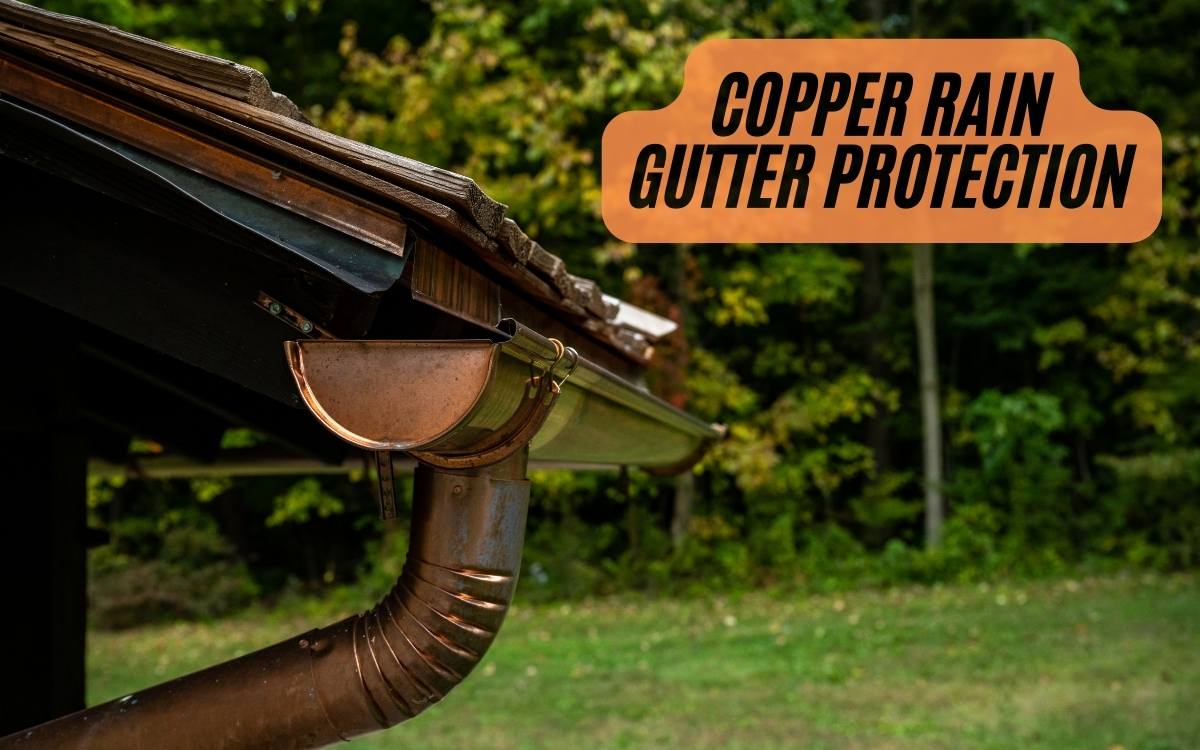TILE TROUBLE? FIND YOUR SHOWER SOLUTION
Trouble with your shower tile can be frustrating and overwhelming, but selecting the right tile can transform your bathroom into a tranquil oasis. With various options like ceramic, porcelain, stone, and terracotta, each with its unique characteristics, advantages, and disadvantages, verifying the pros and cons is vital. Consider factors such as durability, slip resistance, maintenance, and aesthetics to guarantee a safe and functional shower floor. By understanding the different types of tiles and their costs, you can make an informed decision that fits your budget and style. Take the first step towards your ideal shower solution.
Choosing the Right Shower Tile
When it comes to selecting the perfect shower tile, there are numerous factors to ponder, as the right choice can elevate the overall aesthetic and functionality of the bathroom.
Ceramic tiles offer durability and versatility, coming in a wide range of styles and colors. Porcelain tiles, denser and more durable than ceramic, provide an added layer of sophistication.
Stone tiles, such as slate, marble, limestone, and granite, bring a touch of natural beauty and luxury.
Terracotta tiles, with their warm, earthy appearance, offer a unique charm.
Each type of tile has its unique characteristics, advantages, and disadvantages, making it essential to weigh your specific needs and preferences when making a decision.
Weighing the Pros and Cons
While selecting the perfect shower tile can be a formidable task, understanding the pros and cons of each type can greatly simplify the decision-making process.
Large format tiles, for instance, can create a sense of spaciousness and reduce grout lines, but may require more material and installation expertise.
Mosaic tiles, on the other hand, offer endless design possibilities and better grip, but can be more time-consuming to install.
Patterned tiles add a unique touch, but may be more expensive.
The Cost of Shower Floor Tiles
How much will it cost to transform your shower floor with beautiful tiles?
The cost of shower floor tiles varies greatly depending on the type and quality of tile you choose. Ceramic tiles are the most affordable option, ranging from $0.50 to $120 per square foot.
Porcelain tiles are more expensive, with prices between $15 and $47 per square foot. Natural stone tiles, such as slate, marble, and limestone, fall in the mid-to-high range, costing between $13 and $65 per square foot.
In order to weigh these costs when selecting the perfect tile for your shower floor, as they can have a substantial impact on your overall budget. By understanding the cost of different tile options, you can make an informed decision that suits your style and budget.
Is Shower Floor Tile Worth It?
Shower floor tile is a significant investment, and it's natural to wonder if it's truly worth the cost.
In reality, shower floor tile offers numerous benefits that justify the expense. Not only does it add style and elegance to the bathroom, but it's also durable and long-lasting when properly installed and maintained.
Additionally, tiles are relatively easy to clean and maintain, making them a practical choice for busy homeowners.
While not all types of tiles are suitable for shower floors due to slipperiness or maintenance requirements, choosing the right tile involves considering factors like type, cost, durability, and maintenance.
Shower Floor Tile Essentials
When it comes to creating a beautiful and functional shower floor, there are several essential elements to ponder.
One vital aspect is the type of tile used, as it profoundly impacts the overall aesthetic and functionality of the space.
- Durability: The tile should be able to withstand the humid and wet conditions of a shower floor.
- Slip resistance: The tile should provide sufficient traction to prevent slipping and falling.
- Maintenance: The tile should be easy to clean and maintain to guarantee a hygienic environment.
Frequently Asked Questions
Can I Use the Same Tile for Both Shower Floor and Walls?
When selecting tiles for a shower, it is possible to use the same tile for both the floor and walls, but consider factors like slip resistance, durability, and visual appeal to guarantee a cohesive and safe design.
How Often Should I Regrout My Shower Floor Tile?
Regrouting frequency depends on usage, cleaning habits, and grout type. Generally, regrout every 10-15 years or when cracks, stains, or water damage appear. Regular maintenance, such as sealing and cleaning, can extend regrouting intervals.
Are Heated Shower Floor Tiles Worth the Extra Cost?
Heated shower floor tiles offer luxurious comfort and therapeutic benefits, but their extra cost may not be justified for everyone. Weigh the benefits of warmth and relaxation against the added expense, considering your personal priorities and budget constraints.
Can I Install Shower Floor Tile Over a Concrete Subfloor?
Yes, you can install shower floor tile over a concrete subfloor, but guarantee proper surface preparation, including cleaning, drying, and applying a bonding agent to create a stable and durable foundation for your chosen tile.
Do I Need to Seal My Shower Floor Tile After Installation?
While not mandatory, sealing your shower floor tile is highly recommended to protect it from stains, water damage, and soap scum buildup, ensuring a longer lifespan and easier maintenance.



